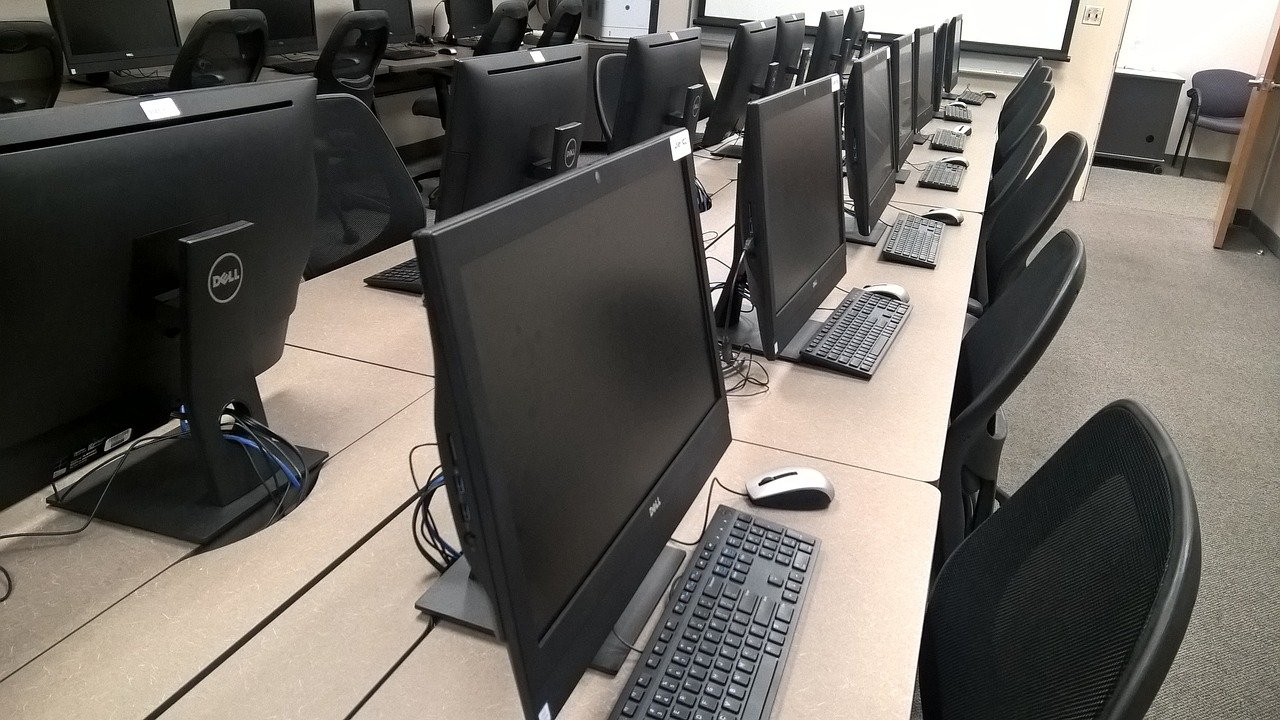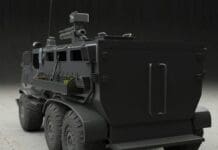This post is also available in:
 עברית (Hebrew)
עברית (Hebrew)
Emerging technologies such as cheap, lightweight unmanned aerial vehicles require more research on the information processing of data derived from multiple autonomous sensors. In the military context, sensors have to work in a potentially contested environment, so networks of sensors are required to be resilient against attack and failure of individual sensors and communication links.
The United States and Britain have announced a jointly funded project to rapidly and automatically process data obtained from sensors and optimize that information for military use.
The project is led by the U.S. Army Combat Capabilities Development and Command Army Research Laboratory, CCDC-Atlantic and the U.K. Defense Science and Technology Laboratory. The collaboration represents a new concept for jointly announced and funded basic research projects between the two nations.
According to international news agencies, the research will focus on sensor signaling in complex environments, and will include various aspects of processing data and information from networks of heterogeneous sensors, particularly autonomous sensors, operating without any centralized computing node.
It will examine three problems: how to manage task and resource allocation for autonomous sensors, how to maintain computational effectiveness of the network of sensors, and how to characterize and quantify uncertainties in sensor-derived estimates.
The project addresses the challenges arising from the design of resilient networks by developing novel, fundamental information processing algorithms.
Professor Simon Godsill of the University of Cambridge, who leads the project, won a three-year, $1.2 million grant.


























